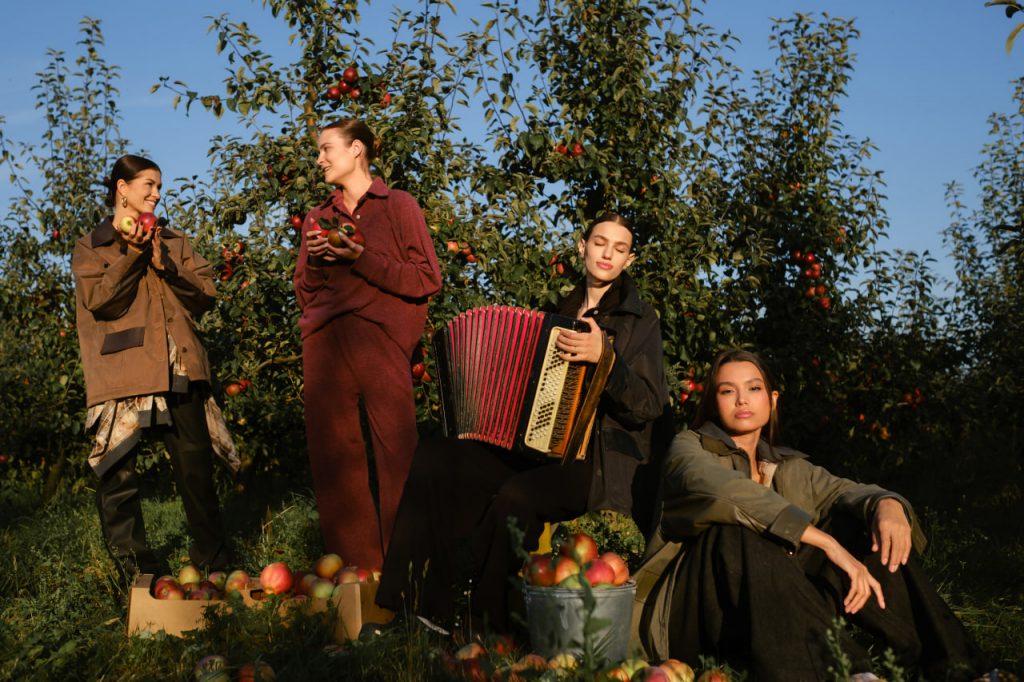When I first signed up for a weekend workshop with Folk Song Reboot, I honestly wasn’t expecting much beyond learning some cool folk harmonies or old chord progressions I could work into my songs. I love acoustic music, and the idea of modernizing folk songs sounded interesting—but I had no idea just how deep this journey would go.
On the first day, we sat in a circle and introduced ourselves not by profession, but by a song that shaped us. People shared lullabies, protest chants, funeral hymns—one woman even hummed a tune her grandfather used to whistle while fixing shoes in his tiny village. I sat there quietly, realizing that I didn’t really know what my song was.
Then it hit me: my grandmother used to sing a haunting lullaby in a dialect I never fully learned. I hadn’t thought about it in years.
During the Song Deconstruction Lab (an absolutely beautiful part of the workshop), I asked if I could bring that melody in. With the support of the facilitators and other participants, I began unpacking not just the musical phrasing, but the emotional weight behind it. I didn’t have a translation. I barely remembered the lyrics. But the melody was still there, buried in my memory.
We layered ambient guitar beneath it. I whispered the fragments I could recall. Someone added harmony on the spot. The room went quiet as we rehearsed—and by the time we performed, I wasn’t just covering a folk tune. I was reclaiming a part of myself I hadn’t accessed in a long, long time.
It was the first time I felt like I wasn’t just singing—I was telling a truth.
That’s what Folk Song Reboot gave me. It’s not just a music course—it’s a space to explore where you come from, and what you want to say next. It taught me that folk music isn’t frozen in time. It evolves with every person who picks it up and makes it theirs.
I came for the music. I left with my voice.

